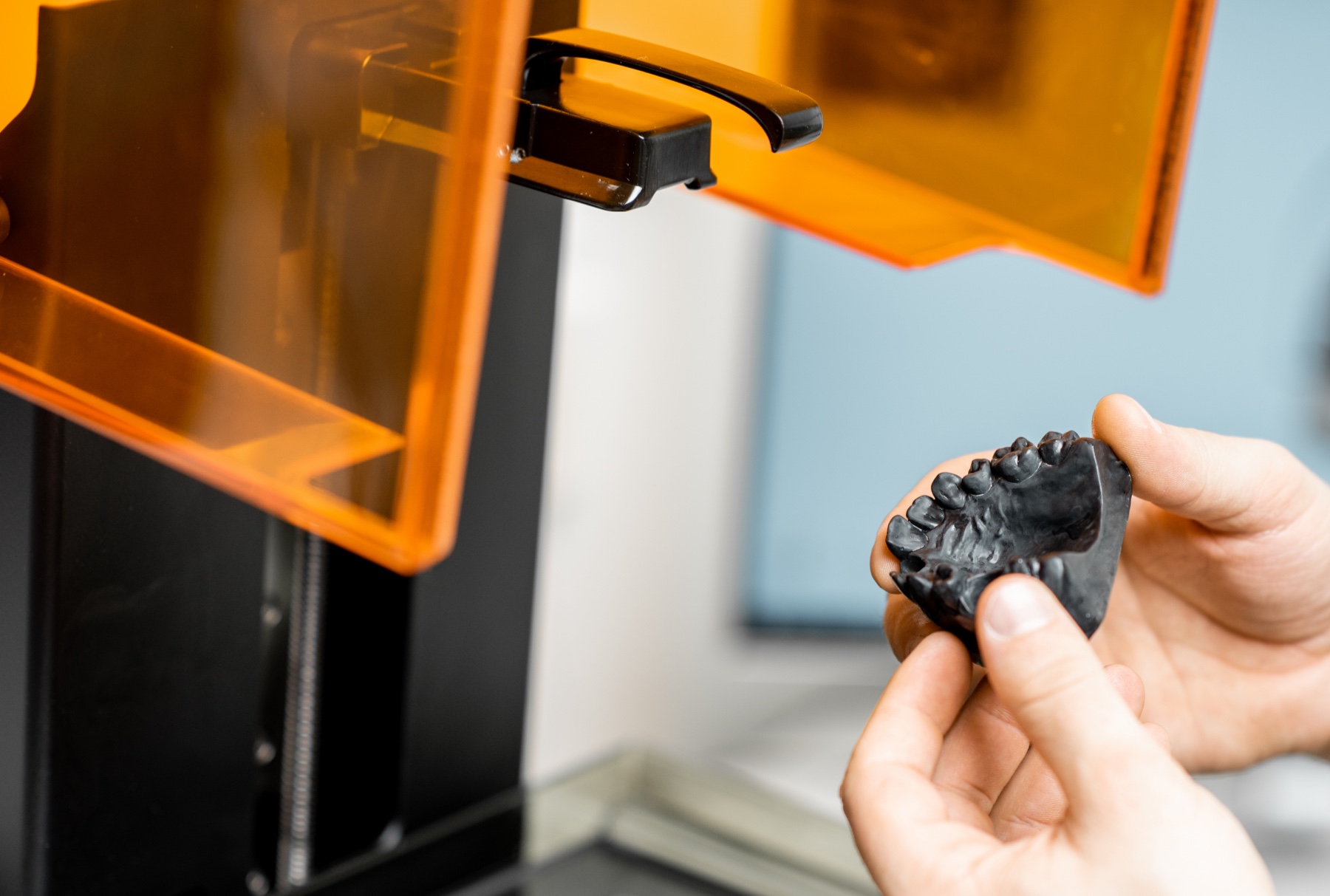Idris Musa
Graphene RF sensor for biological applications.
Email: i.musa@ncl.ac.uk
Project supervisors
- School of Engineering
- Faculty of Medical Sciences
- School of Natural and Environmental Sciences
Project description
The need for rapid response and accurate biological testing device in the health and environmental sectors is rapidly increasing,. There is the need for more research into new technological means of achieving this task.
Biosensors have been at the heart of biological and biochemical testing of target samples. Improvements in their design will play a huge part in reducing the diagnostic and test turnaround time.
I am developing a high sensitivity inexpensive radio frequency (RF) Biosensor made from graphene. Graphene has superb electrical and thermal conductivity. I have used it to fabricate the filter for this research.
I will implement the sensing element with a cheap, planar, compact and easy to fabricate scheme. The RF method of microstrip transmission line is an example of this.
I will design and iplement a system with high sensitivity to small concentration levels of the proposed analyte.
I will investigate the various substrate. I will then implement the most suitable in the design of the biosensing device for the analyte of choice.
The core of the simulation for this work will be the microstrip filter implementation. I will assess which design gives the desired response when characterising. This will aid the filter design choice. My research will provide an insight into how graphene and graphene oxide affect the sensitivity and response time of
biosensing devices. It will explore how the chosen microstrip filter implementation results in a high sensitivity sensing platform that can find applications in biological and biochemical fields.
Interests
Sensors, biosensors, RF biosensors, automation
Qualifications
- BEng Electrical and Electronics
- MSc Automation and Control
